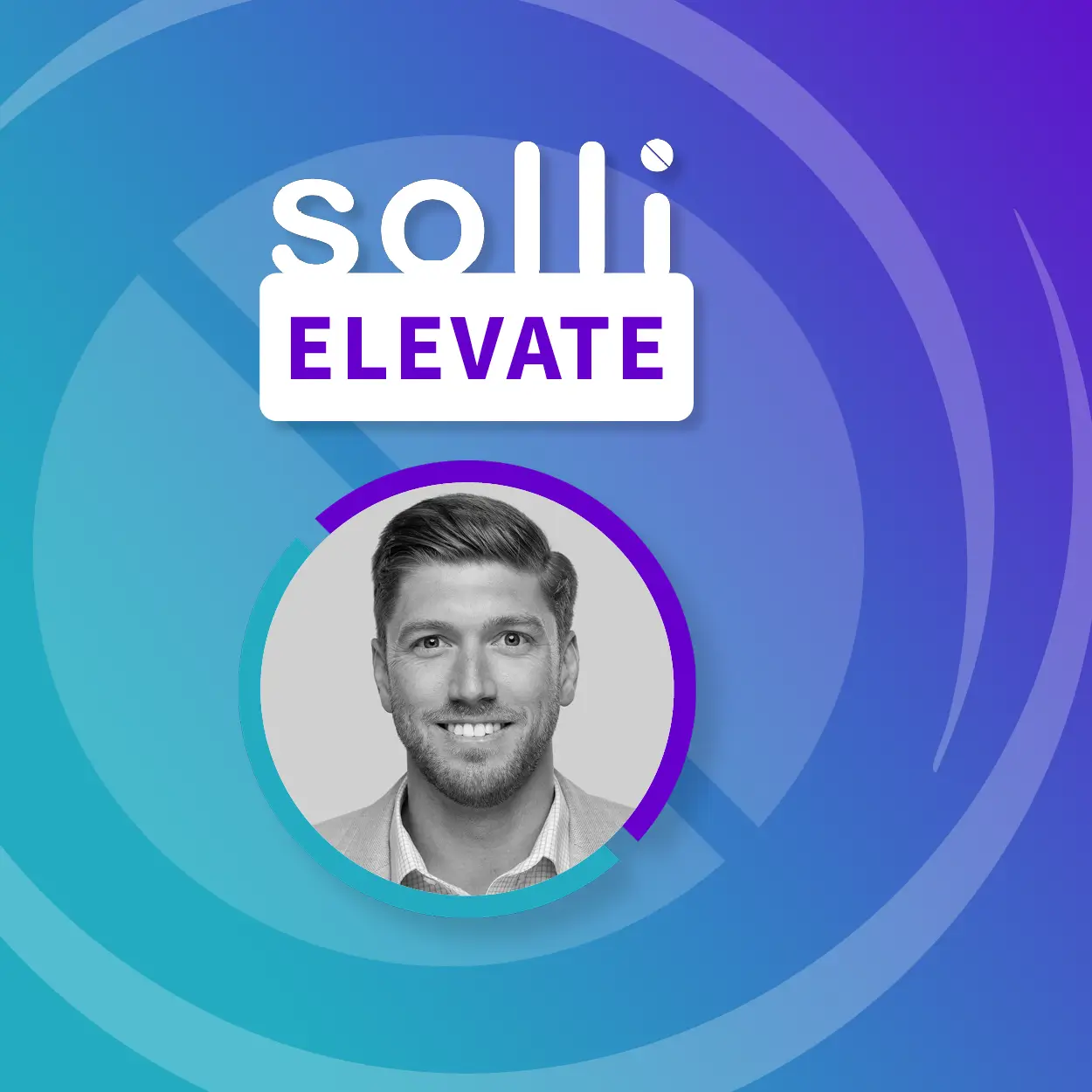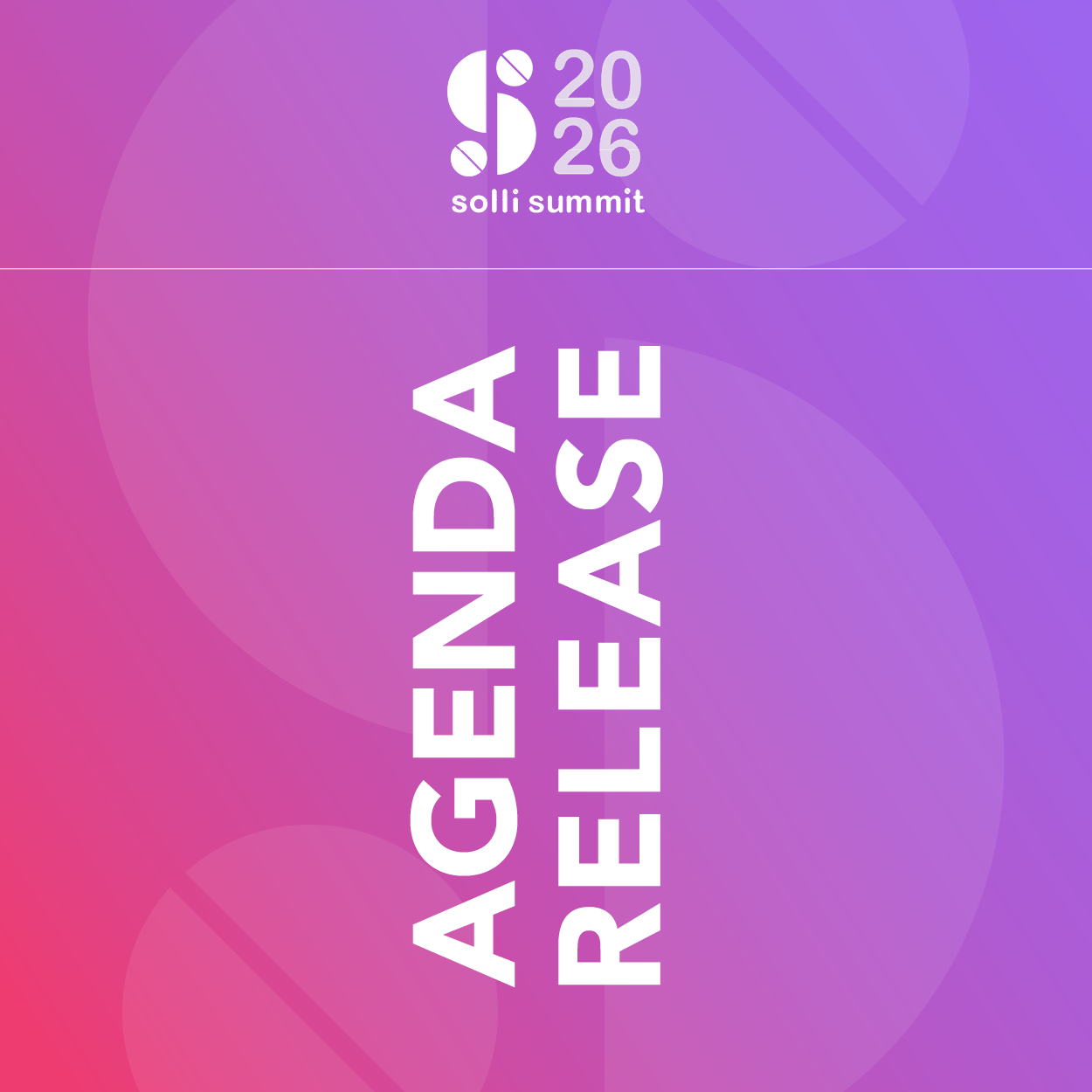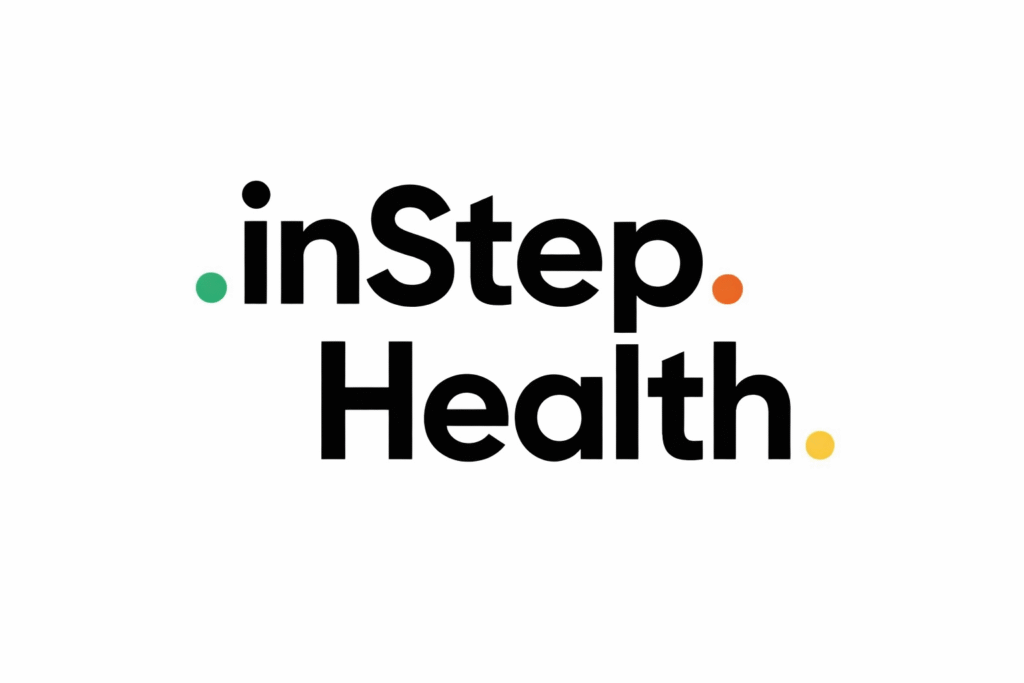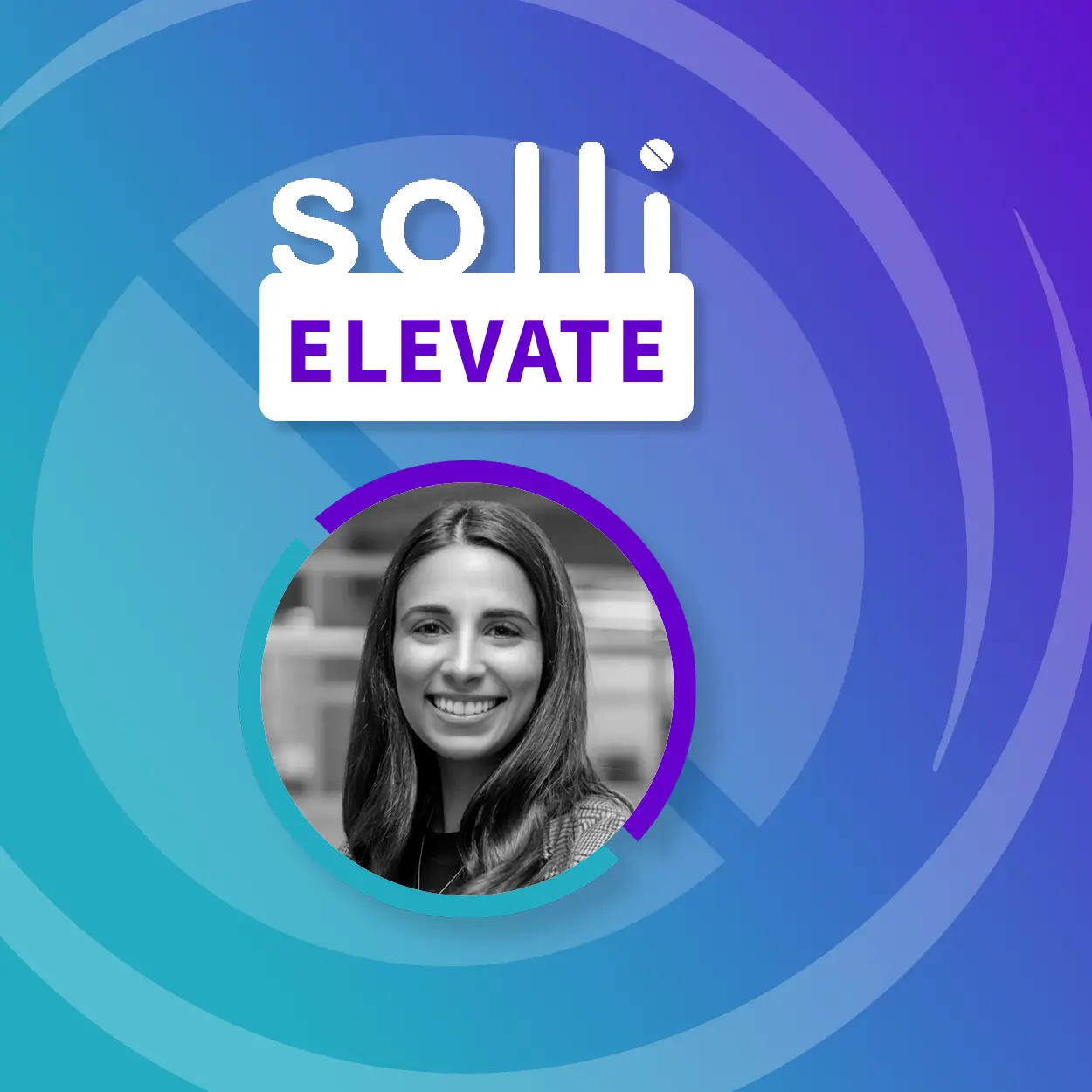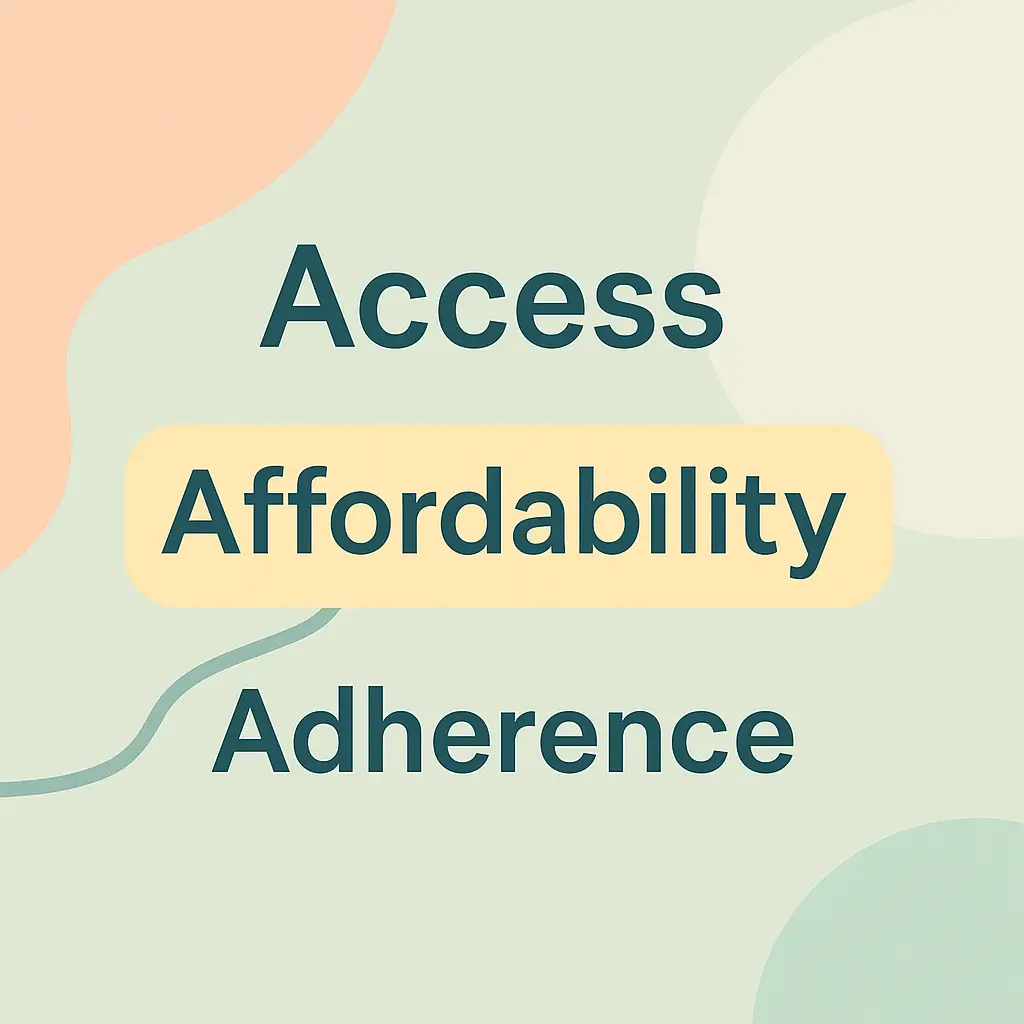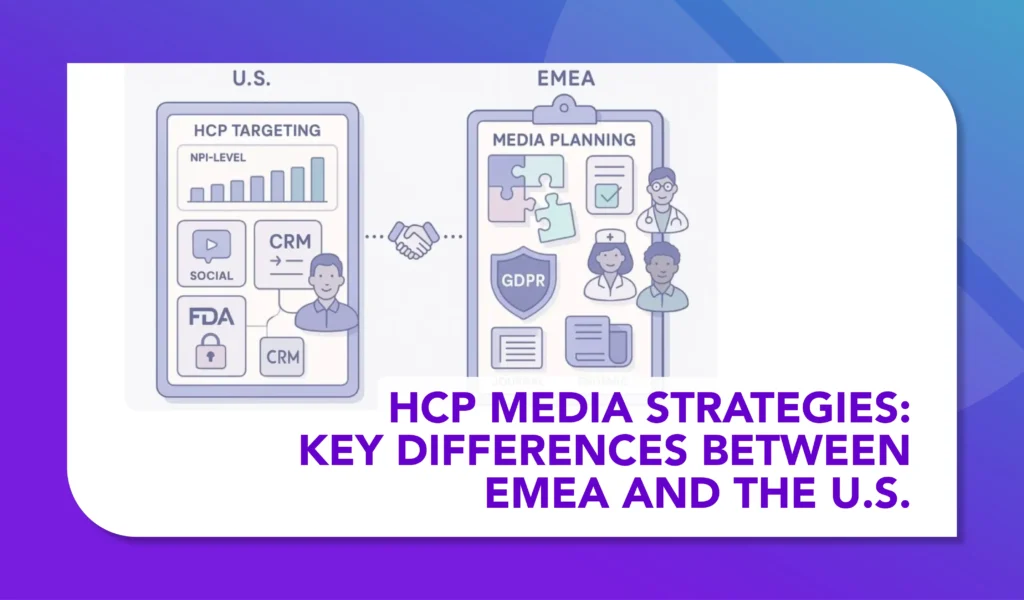Stanford Medicine Innovates with AI to Enhance Patient Communications
What can our industry learn from this compliant use of AI technology?
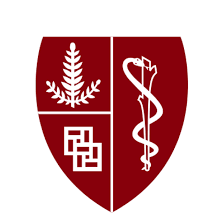
A recent initiative at Stanford Medicine has demonstrated the power of artificial intelligence in reducing the workload of healthcare providers. Researchers have successfully integrated a large language model into their systems to help draft responses to patient portal messages. This AI assistance not only helps in addressing clinical inquiries efficiently but also reduces the clerical burden on clinicians, potentially alleviating burnout. Effective healthcare patient communication is essential for delivering accurate, timely, and personalized information that empowers patients and supports better clinical outcomes.
The AI-generated drafts, which clinicians review and personalize before sending, cover a range of patient concerns, from symptom management to medication side effects. This innovative use of AI in healthcare communication is a response to the growing demand for effective and efficient patient interaction, underscoring a shift towards more AI-enabled healthcare processes.
Implications for Media Professionals
Stanford Medicine’s use of AI in drafting patient communication showcases how artificial intelligence can enhance interactions even in the most sensitive areas such as clinician-patient engagements. This demonstration adds fuel to the growing interest in and use of AI-led, human-controlled tools across various facets of the industry. Organizations across the global pharmaceutical sector are endeavouring to achieve compliant, rapid, and accurately personalized content creation and distribution at scale.
Stanford Medicine’s study indicates that AI can be effectively implemented to improve not only efficiency but also the quality of interactions within sensitive contexts. Media professionals should view this as an encouragement that AI tools, when properly managed and controlled, can significantly enhance the delivery and personalization, and effectiveness of patient communication across the pharmaceutical media landscape.
Questions from solli
- Learning and Scaling AI Integration: How can the global pharma media industry learn from examples like Stanford Medicine to scale the confident use of AI-led, human-controlled technology in content creation and distribution?
- Innovators in AI Technology: Who are the pioneers pushing the boundaries of AI technology in the pharma media industry today?
- Infrastructure Readiness: Is the current data and tech infrastructure within the global pharma media industry adequately equipped to harness these AI tools effectively? Considerations include medico-legal review processes and the integration of dynamic content optimization into content management systems (CMSs).
- Ethical and Regulatory Considerations: What are the key ethical and regulatory considerations for utilizing AI in this manner within your market? How can these be addressed to ensure compliance and ethical integrity in content creation, distribution and patient communication?
To read the full from report from Stanford Medicine, ‘AI assists clinicians in responding to patient messages at Stanford Medicine‘, click HERE.

